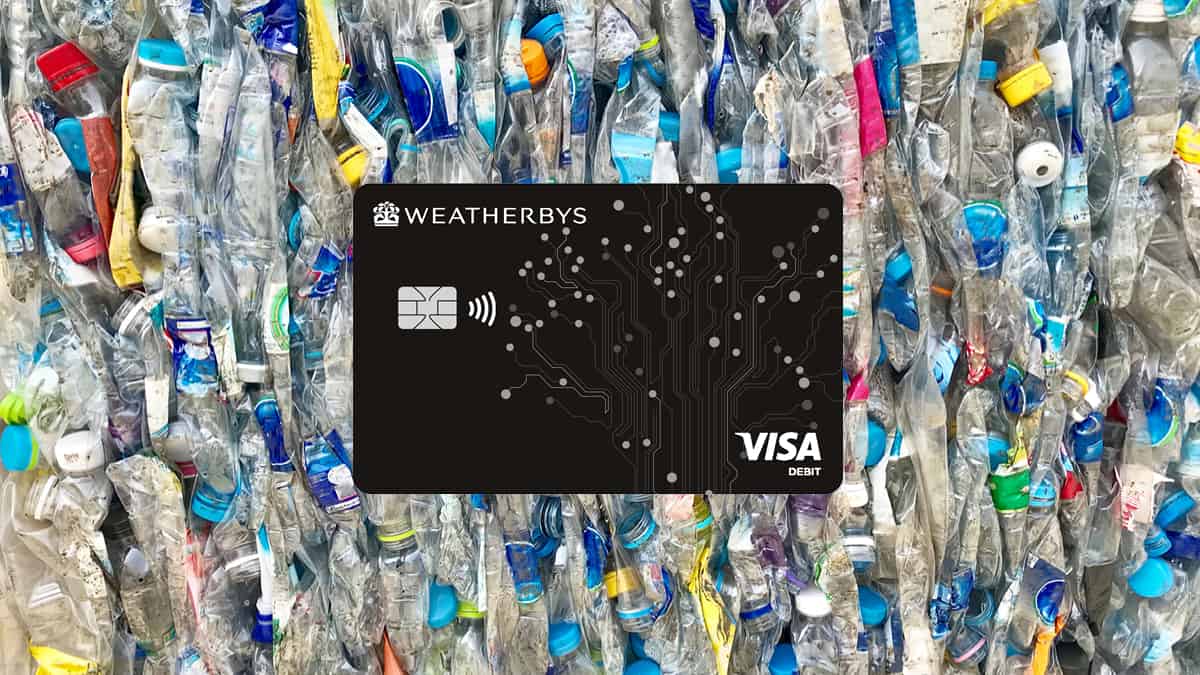
There are more than six billion payment cards in circulation across the globe – the vast majority of which are made of PVC (polyvinyl chloride acetate) and end up in landfill. Yet PVC isn’t biodegradable. It takes up to 500 years to break down and releases harmful chemicals into the environment, polluting the air, water and soil.
From today, all new replacement debit cards with its partner Tietoevry will be made from at least 80 per cent recycled PVC plastic (rPVC) rather than virgin PVC. Clients won’t notice any difference. The rPVC cards are just as durable, just as secure and last just as long, but they are kinder to the planet because the card manufacturer is using plastic that isn’t going to landfill.
Weatherbys has also moved to make the debit card packaging more sustainable, using instead a more environmentally friendly printing process, removing the foil and using recycled paper that is certified by the FSC, the world’s most trusted mark for sustainable forestry. All the ink used on our cards is now free of volatile organic compounds and is non-toxic.
In terms of future developments, clients will at some point be able to track how their purchases are impacting the planet. The card app will monitor clients’ carbon footprints by calculating the estimated carbon emissions of every transaction they make on their cards. And for clients who would rather not use a plastic card at all, Weatherbys will also be introducing a new ‘suppress card‘ feature, where clients can simply use their card app and wallet on their smartphones for purchases and to withdraw cash.
Mark Slaviero, Marketing Director at Weatherbys Private Bank, said: “We are continually striving to reduce our carbon footprint and every action we can make adds up. Introducing new rPVC debit cards, with more sustainable packaging, reduces our environmental footprint and helps us all towards a greener future.”
Weatherbys Private Bank and its wider group of companies is continually seeking to reduce their environmental impact and has made a commitment to be net zero by 2030. Not only have they addressed their own Scope 1 and 2 emissions, achieving carbon neutrality as part of a long-term decarbonisation strategy, but as a trusted adviser to clients they also stimulate discussion about the key issues that will affect them and future generations through their Creating The Future initiative and events.
